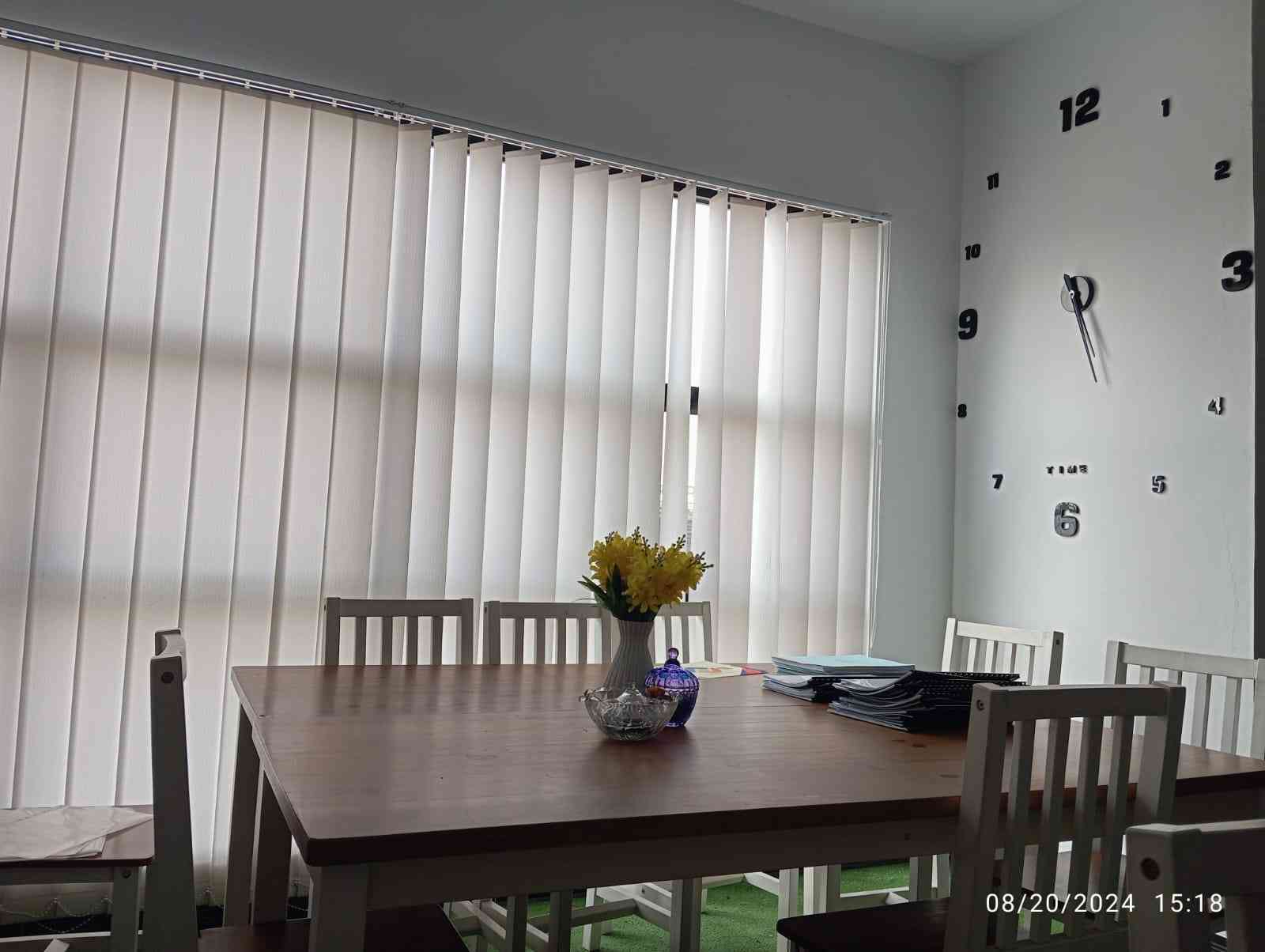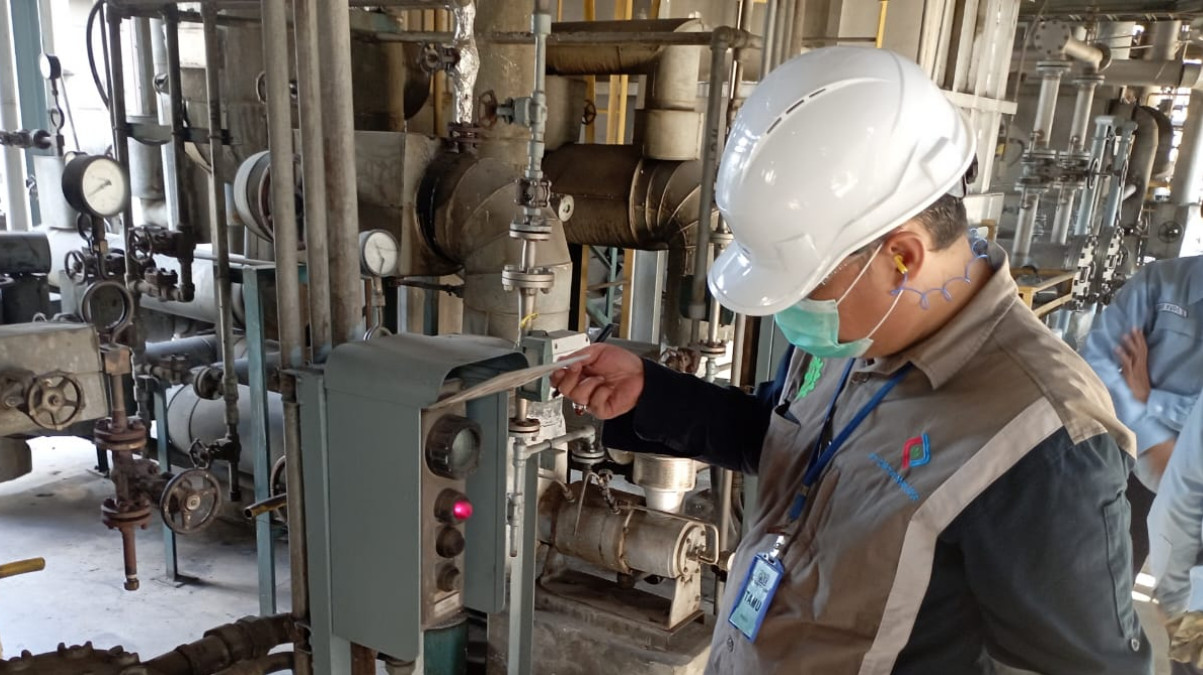How To Do A Plate Business: 12 Lessons Knowing From Age In Stage business
How To Do A Plate Business: 12 Lessons Knowing From Age In Stage business
Blog Article
A plate business, whether dealing with manufacturing, retail, or rental services of plates and dishware, requires careful planning, attention to detail, and knowledge of various business principles. Over the years, many lessons have been learned about what it takes to succeed in this unique market. One crucial aspect often overlooked is the importance of safety inspections, particularly for businesses involved in manufacturing or large-scale handling of heavy materials.
When running a plate business, whether it involves production or rental, safety should always be a top priority. One of the most critical areas to focus on is the Riksa Uji Pesawat Tenaga dan Produksi (Power and Production Equipment Inspection). This inspection involves a comprehensive evaluation of all machinery and equipment used in the production process to ensure they are in safe working condition and comply with relevant safety standards.
The Riksa Uji Pesawat Tenaga dan Produksi inspection starts with a detailed check of the production equipment, such as presses, kilns, cutting machines, and conveyor belts. Inspectors examine the mechanical integrity of these machines, looking for signs of wear and tear, corrosion, or other damage that could compromise their safe operation. They also assess the equipment’s electrical systems, ensuring that all wiring, circuits, and controls are functioning correctly to prevent the risk of electrical fires or accidents.
Another critical part of the inspection is the evaluation of the safety devices installed on the production equipment. This includes checking emergency stop buttons, machine guards, safety interlocks, and any other protective devices designed to prevent accidents. Ensuring that these safety features are operational and meet regulatory standards is essential to minimize the risk of injury to workers.
During the Riksa Uji Pesawat Tenaga dan Produksi, inspectors also evaluate the environment in which the production equipment is used. They assess factors such as ventilation, lighting, and workspace layout to ensure they meet safety guidelines. Proper ventilation is crucial in environments where heat, dust, or fumes are generated, as inadequate ventilation can lead to respiratory problems or even explosions in extreme cases.
Regular safety inspections also help identify potential hazards that might not be immediately visible. For example, a small crack in a press machine or a frayed wire in a kiln may not seem significant at first glance, but over time, these minor issues can escalate into major problems if left unaddressed. By identifying and correcting these problems early, businesses can avoid costly repairs, downtime, and potential legal liabilities.
Compliance with local safety regulations is another vital reason for conducting regular Riksa Uji Pesawat Tenaga dan Produksi. Every country or region has specific safety standards that businesses must meet to operate legally. Regular inspections ensure that your business complies with these regulations, protecting you from fines, lawsuits, or even forced closure.
Investing in regular inspections also has significant financial benefits. While there is an upfront cost associated with these inspections, they often result in long-term savings. By maintaining equipment in good working order and preventing accidents, businesses can reduce insurance premiums, avoid costly downtime, and improve overall operational efficiency.
The inspection also focuses on the safety training provided to employees. Inspectors evaluate whether workers have been adequately trained to operate production equipment safely and whether they understand emergency procedures. Regular training is crucial to ensuring that employees know how to respond in case of an emergency, such as a fire or equipment malfunction.

Moreover, the Riksa Uji Pesawat Tenaga dan Produksi includes checking the documentation of all previous inspections, repairs, and maintenance activities. Keeping detailed records of these activities is essential not only for compliance purposes but also for tracking the performance of the equipment over time. This documentation can help identify recurring issues or trends, allowing the business to take proactive measures to address them.
One of the most important lessons learned in the plate business is the need for a proactive approach to safety. Waiting until an accident occurs is too late; instead, businesses must be diligent in conducting regular inspections and maintenance. This approach not only protects employees but also enhances the company's reputation for safety and reliability.
Regular inspections also play a vital role in maintaining customer trust. Clients want to work with businesses that prioritize safety and quality. By conducting regular Riksa Uji Pesawat Tenaga dan Produksi, businesses demonstrate their commitment to maintaining high standards, which can help build and sustain long-term customer relationships.

Additionally, investing in safety inspections contributes to a positive workplace culture. Employees who feel safe and secure in their work environment are more likely to be engaged, productive, and loyal. This positive culture can reduce turnover rates and attract top talent, further contributing to the success of the business.
It is also crucial for businesses to understand that safety inspections are not a one-time event but an ongoing process. The frequency of these inspections may vary depending on the type of equipment and the specific regulations in the region. However, they should be conducted at least annually, and more frequently if any significant changes occur in the production environment.
By making regular inspections a priority, businesses can also benefit from better equipment performance. Well-maintained machinery tends to run more efficiently, consume less energy, and require fewer repairs. This can lead to significant cost savings over time and contribute to a more sustainable and profitable operation.
Finally, regular Riksa Uji. inspections can provide valuable insights into the overall health of the business. By identifying potential risks and weaknesses, these inspections offer an opportunity to make necessary improvements before they become major problems. This proactive approach can enhance the resilience of the business and position it for long-term success.
Finding Safety Inspection Services via Google Maps
To find a company that provides riksa uji services, you can use Google Maps by entering relevant keywords such as "riksa uji," "power and production equipment inspection," or "industrial safety services." Google Maps will display a list of nearby companies offering these services, along with their contact information, location, and customer reviews. This tool allows you to compare different service providers based on their proximity, reputation, and the range of services they offer. Using Google Maps helps you find a reliable inspection company that complies with local safety regulations and has a proven track record in conducting thorough safety checks. Report this page